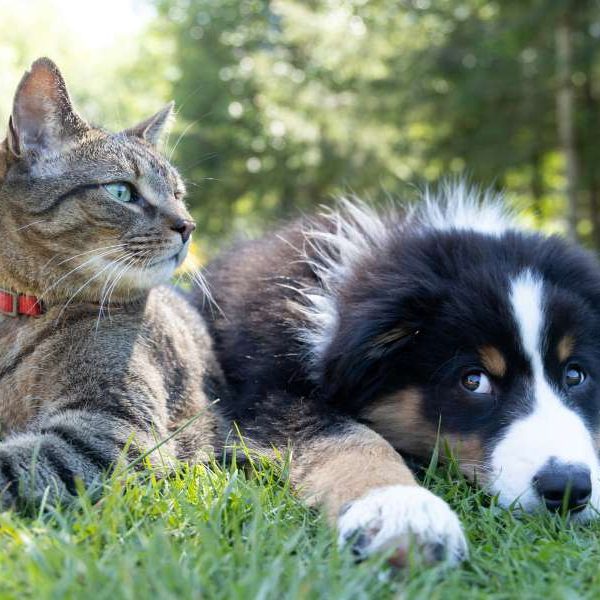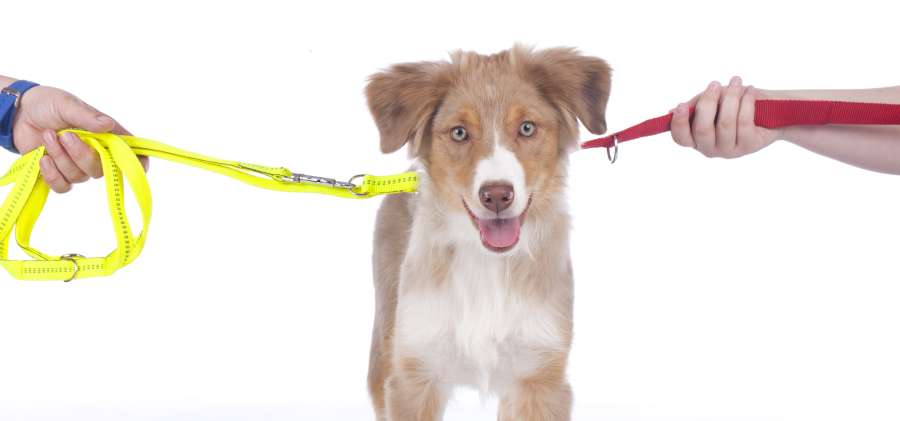Practical Tips to Avoid Disagreements Over Pets
Breakups are rarely easy, and when beloved pets are involved, emotions can run even higher. With 51% of UK households owning a pet and more than 10.6 million dogs and 10.8 million cats in the country, pets are not just property – they are family.
When couples part ways, deciding who keeps the pet can be a surprisingly thorny issue, particularly during divorce proceedings. From emotional attachments to financial investment, what happens to the dog, cat, horse (or even exotic pet) is often fiercely contested.
In this article, we look at how the courts in England and Wales approach pet ownership during divorce and how to avoid costly, stressful disputes.
How the Law Views Pets
In England and Wales, pets are treated under the law as chattels – personal property – similar to furniture, cars, or jewellery. Outrageous, right?! The Matrimonial Causes Act 1973 empowers courts to make property adjustment orders or orders for sale, but no “best interest of the pet” test exists like that for children. This can be upsetting for owners who view pets as emotional dependents rather than objects.
How Courts Decide Ownership
While no pet-specific law exists, courts will weigh various factors when determining ownership, including:
- Who originally purchased the pet?
- Who is listed on the microchip database or pet insurance?
- Who was the primary carer during the relationship?
- Where does the pet currently live?
- Who pays for food, vet bills, and other costs?
Recent cases show the courts increasingly rely on practical, current realities – who is looking after the pet now, and how the pet’s welfare is affected – rather than rigid formalities.
Notable Cases on Pets & Divorce
FI v DO [2024] EWFC 384 (B)
This recent case is a game-changer. A judge ruled that the dog’s current living situation with the wife and children should continue, emphasising that “the dog’s home is with the wife, and she should stay there.” The court prioritised the pet’s emotional bond and current wellbeing, acknowledging that “18 months is a long time in a dog’s life.”
IX v IY [2018] EWHC 3053
Despite a 7-day trial and nearly £1.33m in legal costs, the court declined to make a formal order about the parties’ two dogs. Instead, it encouraged the parties to resolve the issue through mediation or arbitration.
S v S [2008] EWHC 519 (Fam)
Here, the wife was awarded funds and maintenance to continue caring for her horses. The court recognised her longstanding bond with the animals, treating them as a meaningful part of her post-marital lifestyle.
Proportionality: Is the Dispute Worth It?
In B v B [2013], the court reminded parties (and lawyers) that excessive legal costs over minor disputes – such as ownership of a dog – can be disproportionate. A famous 2020 example involved two neighbours spending £24,000 arguing over a Maine Coon cat, “Ozzy,” in a battle that captivated headlines.
Visit HERE if you want to read one of many articles written about this dispute!
Key message? The emotional toll and financial burden must always be weighed carefully.
Avoiding Disputes: Practical Tips
To prevent disputes over pets in the event of separation, consider the following:
📝 Draft a ‘Pet-Nup’
Yes, they exist! A pet-nup can include terms around pet ownership such as where the pet will live, who covers expenses, and what happens if parties separate, including visiting arrangements.
💡 Separating? Ask the Right Questions Early
Separating couples should ask, and tell their lawyers:
- Who pays the pet’s insurance?
- Who feeds, walks, and takes the pet to the vet?
- Where is the pet happiest and best cared for?
While no single factor will be decisive, building a full picture helps inform either a court’s decision or an advisers during negotiations.
Louisa’s Final Thoughts
When relationships end, emotions often run high – and when it comes to pets, these emotions can rival even those involving children or finances. But courts will not apply a welfare-based test, so it’s up to the parties to approach the issue with compassion, common sense, and practicality.
With careful planning (think: pet-nups) and a willingness to resolve disagreements outside of court, separating couples can ensure their beloved pet’s wellbeing remains front and centre – without turning a painful process into an even costlier one.

For advice on pet ownership in separation or divorce, or to draft a simple pet-nup for a reasonable fixed-fee, get in touch.

